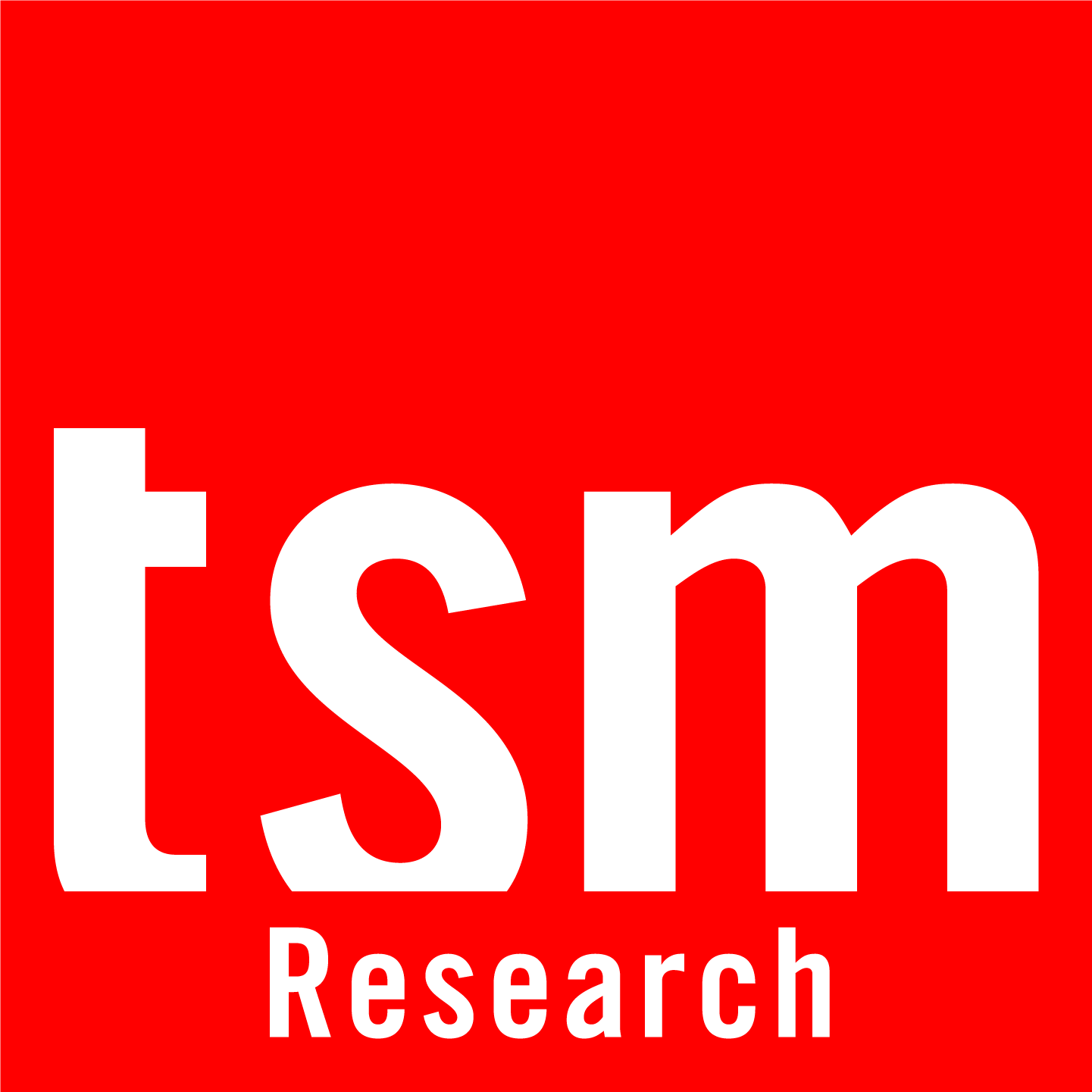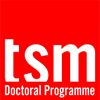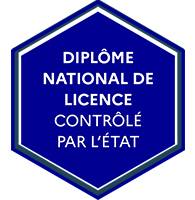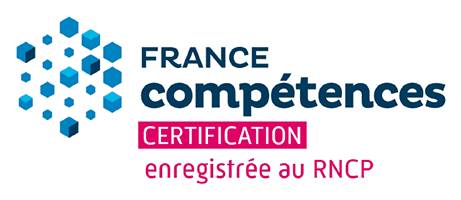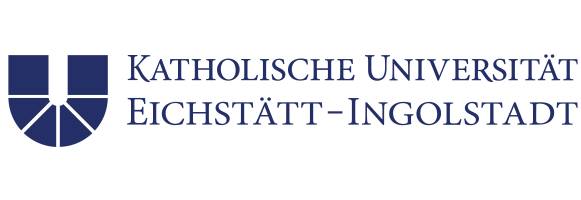Gestion
Full time programme
English
In person
High School Diploma (or equivalent) +2
High School Diploma (or equivalent) +3
September 2025 - June 2026
2 semesters
Yes (selective)
89%
Toulouse, Europe
Bachelor of Science year 3 fits into the goal to educate globally-minded, skilled and engaged citizens who can address global challenges and solutions. You can also put into practice your knowledge and know-how thanks to a 5-month internship bolstering your professional experience.
At the end of the programme, students will be able to:
- explain the conceptual foundations in international management
- organize and use relevant managerial and analytical methods
- analyze management theory and practice
- recommend ethical dimensions and implications for sustainability in management decisions
- communicate effectively, respectfully and ethically in different settings, with different techniques and with a range of multicultural audiences
- develop a dual mindset of inclusiveness in collective learning and autonomy in individual learning
- use different digital tools and technologies for collaborative processes
- design strategies to collect data or information and to critically and ethically evaluate it to solve a given problem or perform a specific task
Carlos PLATA, BSc2 Head of Programme (2024-2025)
This programme lets you experience life in two vibrant countries while gaining world-class education tailored to today’s global challenges. You'll immerse yourself in different cultures, expand your network internationally, and graduate with dual qualifications that stand out to employers worldwide. Whether you dream of an international career or simply want to explore new perspectives, this programme is designed to give you an edge and unforgettable memories along the way.
Double degree with ours partners Tor Vergata University of Rome and KU Eichstätt-Ingolstadt
German track
This double degree offers the possibility to study abroad at the Katholische Universität Eichstätt-Ingolstadt University during half of your bachelor curriculum. You will study at Katholische Universität Eichstätt-Ingolstadt the whole BSc3 year. At the end of the bachelor curriculum you will be granted two degrees: the Bachelor of Science in Global Management from TSM and the Bachelor of Science in Business Administration from KU Eichstätt-Ingolstadt.
Italian track
This double degree offers the possibility to study abroad at Tor Vergata during the 3rd year of the bachelor curriculum. At the end of the bachelor curriculum, you will be granted two degrees: the Bachelor of Science in Global Management from TSM and the Bachelor in Business Administration and Economics from Tor Vergata.
Benefits of the programme
- An international training : 100% in English,one third of the students are foreigners and 2 double degrees opportunities
- A professionalising curriculum: "learning by doing" pedagogy, student projects and Interactions with professionals from the business world
- A multicultural student community: start your global experience by studying alongside colleagues from different parts of the world.
- Interactions with professionals from the business world
Programme Objectives
- Explain the conceptual foundations in international management
- Organise and use relevant managerial and analytical methods
- Analyze and critique management theory and practice
- Recommend ethical dimensions and implications for sustainability in management decisions
- Communicate effectively, respectfully and ethically in different settings, with different techniques and with a range of multicultural audiences
- Develop a dual mindset of inclusiveness in collective learning and autonomy in individual learning
- Use different digital tools and technologies for collaborative processes
- Design strategies to find and critically and ethically evaluate data and information to solve a given problem or perform a specific task
-
98 %
Exam success rate
-
89 %
Satisfaction rate
Clément BOUTEMY, student in 3rd year of Bachelor of Science in Global Management
Our students talk about their programme


On a diploma perspective, a double Degree is certainly better than a single degree. Also, going on an academic exchange shows that we are open to learn about new cultures and mature enough to learn to live in a new country, having to learn everything from how to use transportation to dealing with administrative processes. My CV is now enriched and will be useful for masters applications and future job/internship interviews.
Contacts
Programme Head





